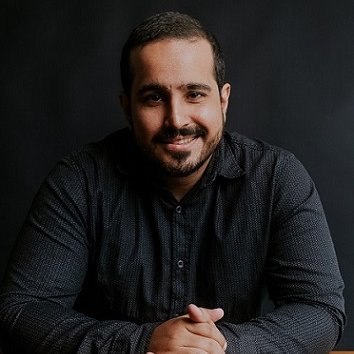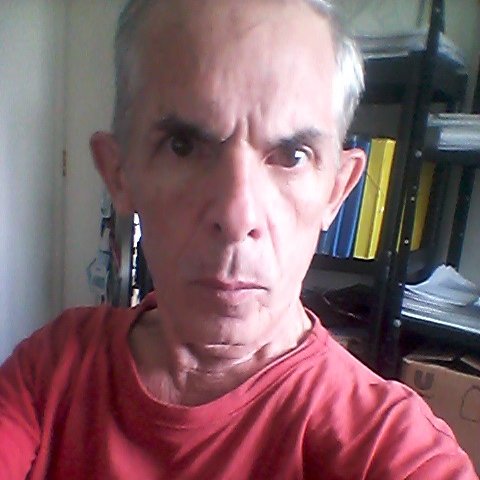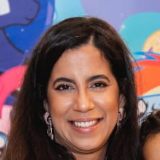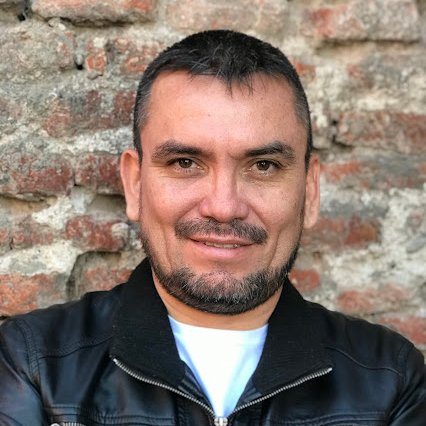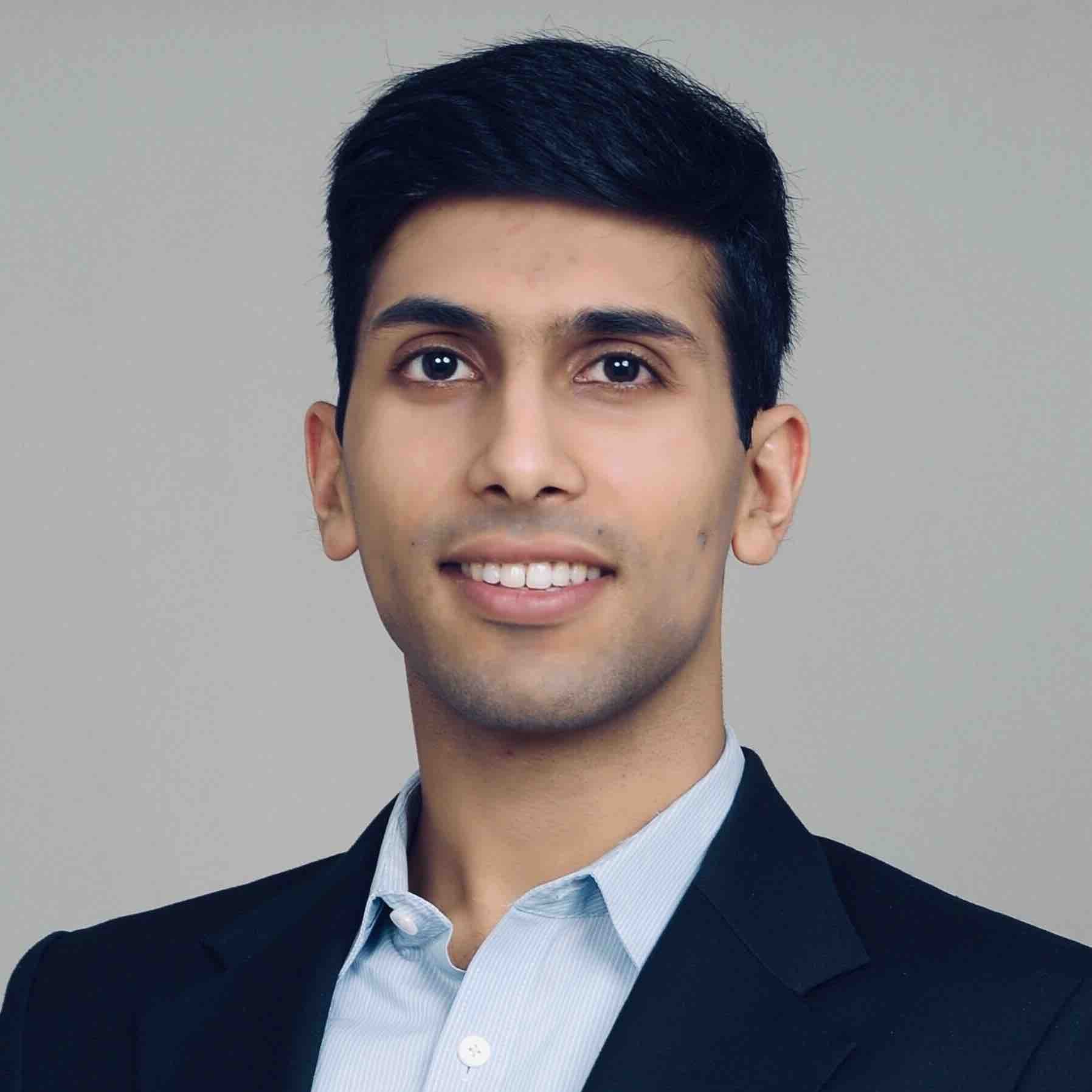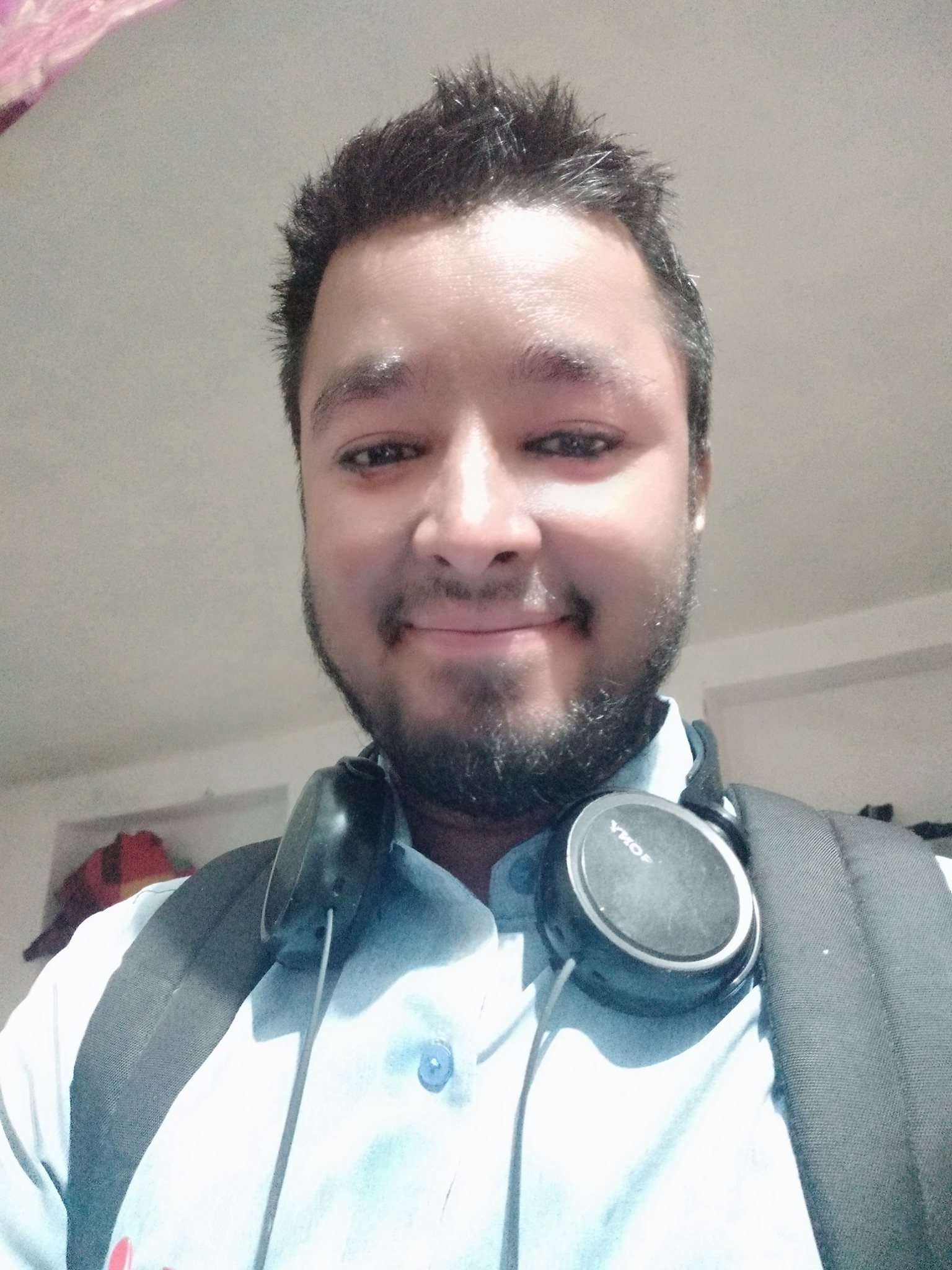FAQs
Table of Contents
About The Trinity Challenge on Antimicrobial Resistance
What is The Trinity Challenge?
Why focus on the pandemic of antimicrobial resistance?
Why focus on data from communities in low- and middle-income countries (“LMICs”)?
Why focus on data and analytics?
Who are the Challenge’s collaborators?
Solution Submissions & Winner Selection
Why should I apply to the Challenge?
Who is eligible to apply to the Challenge?
Can I apply if I have a data/analytics solution that is not currently focused on AMR?
How should teams be composed?
Can the members of the Challenge network apply to the Challenge?
What are the submission requirements?
What is the award structure and the maximum funding?
What can I use the award for?
What are budget requirements and limitations?
What costs can I include in our budget?
How will the Challenge be judged?
When will the finalists and winners be announced?
Is existing open source software permitted?
Are submissions with existing code permitted?
Legal
Who will own the intellectual property of the insights, submissions and data from the Challenge?
Will my solution be made public?
How do the winners have to conduct their work? Are there any restrictions?
Who decides the terms of agreement between applicants and collaborators?
About The Trinity Challenge on Antimicrobial Resistance
What is The Trinity Challenge?
The Trinity Challenge (TTC) is a charity supporting the creation of data-driven solutions to help protect against global health threats.
We believe data and analytics hold the key to building effective, affordable, and scalable solutions to current and future pandemics and health emergencies. We support data-driven solutions that will help the world prepare for and respond to global outbreaks and health emergencies. We’re committed to working with governments, individuals and organizations across the world, to help improve our resilience against current and future threats to global health.
Why focus on the pandemic of antimicrobial resistance?
Antimicrobial resistance, which for the purposes of this Challenge relates specifically to antibiotic resistance in bacteria, is a global security threat, impacting human, animal, and environmental health (often referred to as One Health). Losing effective antibiotics to prevent or treat bacterial infections increases mortality from previously treatable, common infections such as pneumonia, urine infections and meningitis, and increases the risk of everyday medical interventions such as surgery and cancer care. Our food security requires healthy animals and is also adversely impacted by environmental contamination, with antibiotics from the pharmaceutical industry and unsafe water and sanitation systems causing increased levels of antimicrobial resistance in environmental bacteria which enter the food chain. While much of the world’s attention is on the next pandemic akin to COVID-19, human health and wellbeing is inescapably linked to antimicrobial resistance. For this reason, The Trinity Challenge has chosen it as the focus of the Challenge.
Why focus on data from communities in low- and middle-income countries (“LMICs”)?
Our current understanding of data relating to antimicrobial resistance comes predominantly from laboratory-isolated bacteria from hospitalized patients in high-income countries, or via data from food industries. Major data gaps exist in LMICs and especially from community settings. This is despite the vast majority of antibiotics being used in exactly these settings, i.e. out-of-hospital, on farms, etc.
Advances in analytics and new sources of data proved a critical factor in improving surveillance and our understanding of the COVID-19 pandemic, for example: whole genome sequencing of wastewater was able to predict community-level transmission of SARS-CoV-2, enabling organization of resources for most impact. The Trinity Challenge believes that equal attention to community-level data for antimicrobial resistance will bring fresh insights and capability to implement more focused policy and action.
Why focus on data and analytics?
Major gaps in data related to antimicrobial resistance exist in LMICs, especially from community settings. This is despite the vast majority of antibiotics being used in exactly these settings. The Challenge aims to promote innovation in finding new data sources and integration of data, steering clear of incomplete and siloed information. The Trinity Challenge encourages novel analytics and technology to derive evidence-based knowledge, and drive more effective policy and action.
Who are the Challenge’s collaborators?
The Challenge is supported by a dedicated group of collaborators who offer mentoring and other resources to solutions. Collaborators are announced during the course of the Challenge. Examples of the types of organizations that may be involved can be found in the list of inaugural Challenge Members here.
In your submission, you can highlight specific organizations you wish to work with or indicate a broader expertise that would benefit your solution. Organizations are not restricted to confirmed collaborators - you can name anyone, from the inaugural Challenge or elsewhere.
Following the submission deadline, The Trinity Challenge will aim to facilitate connections with organizations that might best support your objectives - either through confirmed collaborators or the wider Challenge network.
If a collaborator expresses an interest in working with an applicant, The Trinity Challenge will reach out to you to set up a discussion.
Working with a collaborator is not a condition of applying.
Solution Submissions & Winner Selection
Why should I apply to the Challenge?
Your work for the public good might benefit in three key areas through the Challenge:
Public recognition in line with our aspiration to further the public good through data and analytics. The Trinity Challenge will promote the Challenge and its finalists with an ongoing and extensive outreach through its own communication channels as well as the public and social media of the Challenge network of members and partners. This recognition will coincide with a significant year in the struggle against antimicrobial resistance on the world stage, including a high-level meeting at the United Nations General Assembly in September 2024.
Unparalleled support by global leaders from the private, academic and public sectors. A core asset and distinguishing factor of the Challenge is the support of its collaborators - a cross-sector group of leading institutions in their respective fields, committed to supporting solutions with the resources required to make a positive and lasting impact for the public good.
Significant awards. The Trinity Challenge will award the best solutions with prizes from its award pool. The selection of winners and distribution of awards from that pool will happen at the discretion of an independent panel of expert judges representing various disciplines and backgrounds, through a quality-controlled, fair and transparent process.
Who is eligible to apply to the Challenge?
Please refer to the Challenge’s ‘Prize Eligibility’ tab.
Can I apply if I have a data/analytics solution that is not currently focused on AMR?
Yes! A key focus of the Trinity Challenge on Antimicrobial Resistance is to identify new sources of data, collection, and analysis. If you have an existing solution focused on community-level health, environmental, agricultural, or other relevant data & analytics and a clear idea on how this could be applied to better understand or address the problem of antimicrobial resistance, we encourage you to apply. You may wish to consider how expertise in antimicrobial resistance could help you deliver a new AMR-focussed version of your solution, and can identify potential collaborators in your application.
How should teams be composed?
The Trinity Challenge is committed to representing the global community it serves by embracing diversity. All applicants are encouraged to participate and solutions are welcomed from teams that reflect a wide range of perspectives and life experiences through their partnerships, community engagement, or team members. To help the Trinity Challenge achieve this goal, applicants are encouraged to draw attention to their team's composition in the "More About Your Team" section of the application form.
Can the members of the Challenge network apply to the Challenge?
Members are invited to make submissions if the eligibility criteria is met, however Members that have contributed into the prize fund are ineligible to win. Members may be part of the reviewing or judging process where no conflict of interest is identified.
What are the submission requirements?
Please refer to the Challenge’s ‘Prize Eligibility’ tab.
What is the award structure and the maximum funding?
Please refer to the Challenge’s ‘Prize Eligibility’ tab. The maximum funding is £1 million. The Trinity Challenge can increase or decrease this amount at their discretion.
What can I use the award for?
If you are selected as a winner of the Challenge, you may only use the award to further your solution as specified in your submission. This can materialize in a variety of ways: hiring resources to support development or deployment of your solution, purchasing software licenses or computing credits to support your submission, purchasing equipment necessary for the deployment of your solution, etc.
You may not use the award for personal expenses. You will need to maintain records of your expenditure and report back to us on a regular basis.
What are budget requirements and limitations?
You are required to submit a high level 1 year and 3 year budget that includes what is needed to fully develop your solution if you are awarded £1 million and how you would adjust your project if you received £500,000. If you are shortlisted as a finalist, you may be required to provide further details on your expenses and timing requirements.
What costs can I include in our budget?
You can include direct costs and, to a reasonable level, real indirect and true overhead costs. For clarity, the Trinity Challenge defines these 3 categories in the following ways:
Direct Costs
Definition: Costs relating to the delivery of the solution, which would not be incurred if the solution was not being run.
Budget restrictions: None - budgeted in full.
Examples*: Staff salaries/fees, contractor fees, travel, accommodation, equipment/hardware (project specific), IT/software (project specific), licences, supplies, legal, insurance (project specific)
Real Indirect Costs
Definition: Costs relating to the support of a group of projects, of which your solution may be one within your organization, which would not be incurred if projects were not being run.
Budget restrictions: Apportioned according to the share of resource that is required by the solution, without a cap.
Examples*: Project specific finance manager, equipment/hardware (project shared), IT/software (project shared), Monitoring, Evaluation, Accounting and Learning (MEAL) analysts
- True Overhead Costs
- Definition: Costs relating to organisational maintenance, which would still be incurred if projects were not being run.
- Budget restrictions:Apportioned according to the share of resource that is required by the solution, with a maximum cap of 10% of the total budget.
- Examples*: HR department costs, accounting software, board governance costs, building/maintenance costs, organizational finance and procurement support.
*Examples are not exhaustive.
How will the Challenge be judged?
Please refer to the Challenge’s ‘Judges & Criteria’ tab.
When will the finalists and winners be announced?
Finalists and unsuccessful applicants will be contacted in late April / early May 2024.
The winners will be announced publicly in a ceremony in June 2024.
Is existing open source software permitted?
You are free to use and build on existing open source software and projects. Adherence to any legal requirements remains the sole responsibility of the solution’s team.
Are submissions with existing code permitted?
You are free to use existing code and content, and build on existing and on-going work to submit the best insights possible. Adherence to any legal requirements remains the sole responsibility of the solution’s team.
Legal
Who will own the intellectual property of the insights, submissions and data from the Challenge?
Any intellectual property that existed prior to the creation of any solution (“Background IPR”) remains the property of its respective owners, and you are responsible for ensuring that you have the right to incorporate any such property into your solution and any potential project resulting from an award through the Challenge.
Any new intellectual property created during the course of the Challenge (“Foreground IPR”), from submission to delivery, will be owned by you. If a solution is managed jointly by more than one organization, they are responsible for allocating these ownership rights amongst themselves.
Solutions must create a public benefit that would be globally accessible under fair, reasonable and non-discriminatory terms. As a minimum, winners of the Challenge therefore may need to release enough Foreground IPR into the public domain to allow this.
Will my solution be made public?
Solutions will be posted publicly on the Challenge’s ‘Solutions’ tab; this will include answers to questions that aim to provide an overview of the problem, a summary of the solution, and the team. However any question in the submission that is marked with either “For Judge Use Only” or “For Solve Use Only” will be kept confidential.
How do the winners have to conduct their work? Are there any restrictions?
Winners can define their working mode and norms. However, all collaborative development will have to follow the Challenge guidelines outlined above. It will be assumed that any winner or Member sharing data within The Trinity Challenge does so in accordance with relevant and applicable legal and regulatory standards and obligations including, but not limited to, confidentiality, data protection and intellectual property. Members will collaborate with the winners, and in some circumstances, provide access to data under their own data governance arrangements. Teams must adhere to these policies and processes. Adherence to any legal requirements remains the sole responsibility of the winner/collaborators.
Who decides the terms of agreement between applicants and collaborators?
The terms of any agreement are discussed, decided upon, and contracted between you and the collaborator individually. These terms need to respect the guidelines of the Challenge, which include:
Adhering to the principles of respect, integrity and transparency in relation to the Trinity Challenge and the Challenge
Promoting the values of open collaboration, open data (to the extent possible) and making the benefits of the Challenge global and accessible
Respecting and abiding by the information governance arrangements and procedures of collaborators
-responsive.jpg)
-(2)-responsive.jpg)

















